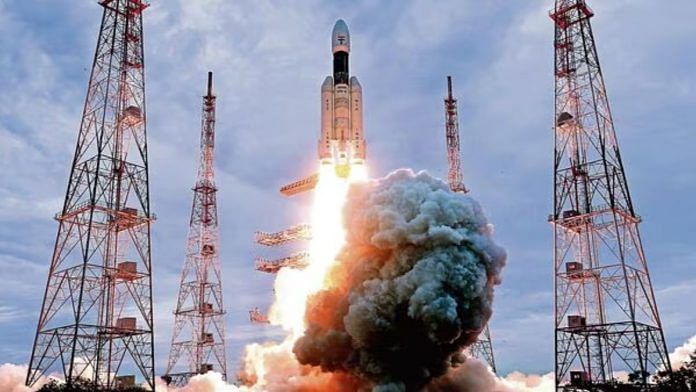Bengaluru: The Union cabinet has approved a move to liberalise the government’s Foreign Direct Investment (FDI) policy in the space sector. Now, the satellite sub-sector has been divided into three categories, each with a threshold up to which FDI is automatically allowed without the need for government approval.
According to a government press statement, the policy amendment will allow 100 percent FDI in the manufacturing of satellite components and systems automatically, without the need for government approval. Up to 74 percent FDI will also be allowed automatically in satellite manufacturing and operational activities and up to 49 per cent in launch vehicles and spaceports.
For the latter two, FDI beyond these levels would still require government approval.
Under the existing FDI policy, up to 100 percent FDI is allowed in the satellite operations sector but only when approved by the central government.
The amendment will relax entry restrictions for foreign investment, and also allow it to be directed towards satellites, launch vehicles, and any of their associated systems or subsystems, as well as towards the creation of spaceports or private launch pads, and space-related component manufacturing.
Space start-ups welcomed the amendment with great enthusiasm.
Posting on their public social media accounts, Pawan K. Chandana, co-founder of Hyderabad-based Skyroot Aerospace, described it as a “big boost for the aerospace sector”, while Prateep Basu, co-founder of online space marketplace SatSure, called it a “long-pending reform”.
“Welcome move, because the Indian space and defense agencies have modest budgets and are unable to award ‘mega-recurring-contracts’ to the private sector as is the case in developed space economies like the United States. For example, a company like SpaceX is sustained by multi-billion dollar contracts from NASA and DoD. Besides, the investment bandwidth of Indian VCs is also limited,” said Dr Susmita Mohanty, director general, Spaceport SARABHAI.
The industry association of satellites, the Indian Space Association (ISpA) described it as a “forward-looking decision” that would help the growth of the private space industry in India.
The Indian private space sector has seen a boom in growth and support after the establishment of the agency IN-SPACe in 2020. This has acted as an effective and independent agency for knowledge transfer and resources support from ISRO for smaller private companies.
This saw the launches of India’s first private rockets and 3D printed rockets, and the establishment of India’s first private spaceport within ISRO’s Sriharikota campus.
The press statement puts the new amendment in the context of the Indian Space Policy of 2023, which was implemented as a framework to expedite the private sector’s growth. The statement described it as “overarching”, with the aim of augmenting space capabilities.
It also seeks to “develop a flourishing commercial presence in space, use space as a driver of technology development and derived benefits in allied areas; pursue international relations and create an ecosystem for effective implementation of space applications among all stakeholders”.
This is an updated version of the report
(Edited by Rohan Manoj)
Also read: Major milestone: Cryogenic engine for Gaganyaan missions now human-rated, says ISRO



